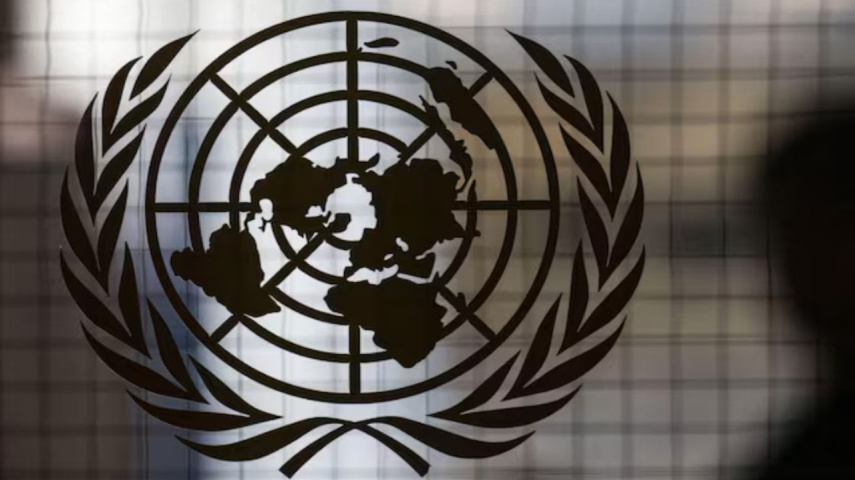United Nations adopts first resolution on artificial intelligence that encourages countries to safeguard human rights
The first global resolution on artificial intelligence was overwhelmingly approved by the UN calling on nations to ensure it is safe and keep an eye out for any threats associated with AI.

The first United Nations resolution on artificial intelligence was accepted by the General Assembly on Thursday, providing international support for a global initiative that will ensure that the potent new technology is "safe, secure, and trustworthy," benefits all nations, and respects human rights.
UN members back the resolution
All 193 U.N. members support the resolution, which is sponsored by the United States and co-sponsored by 123 nations, including China. It was approved unanimously and without a vote.
The resolution was hailed as "historic" by National Security Advisor Jake Sullivan and Vice President of the United States Kamala Harris for outlining guidelines for the responsible use of artificial intelligence. "A landmark effort and a first-of-its-kind global approach to the development and use of this powerful emerging technology," according to Secretary of State Antony Blinken
President Joe Biden announced in September at the United Nations General Assembly that the United States will collaborate with other nations to make sure artificial intelligence is used "for good while protecting our citizens from this most profound risk."
The United States discussed the language of the resolution that was adopted on Thursday at the UN with more than 120 nations, including China, Cuba, and Russia, over the previous few months.
Following the vote, the resolution was warmly backed by ambassadors from the Bahamas, Japan, the Netherlands, Morocco, Singapore, and the United Kingdom. The American envoy referred to the event as “a good day for the United Nations and a good day for multilateralism.”
Additionally, it recognizes that "the governance of artificial intelligence systems is an evolving area" and that more research into potential governance strategies is necessary. It also emphasizes how innovation and regulation complement one another rather than working against one another.
Large tech firms have largely backed the need for AI regulation while attempting to influence laws to suit their interests. The world's first comprehensive AI regulations were finally approved by European Union lawmakers on March 13. After a few more procedures, the regulations are expected to go into force in May or June.
Global governments, such as the United States and China, as well as the Group of 20 major industrialized nations, are also developing AI rules. Thomas-Greenfield mentioned other nations and organizations, such as Japan and India, for their efforts.
ALSO READ: Google hit with hefty fine of $270 million by French regulators for how it trained its AI; Read





 JOIN OUR WHATSAPP CHANNEL
JOIN OUR WHATSAPP CHANNEL



































































































